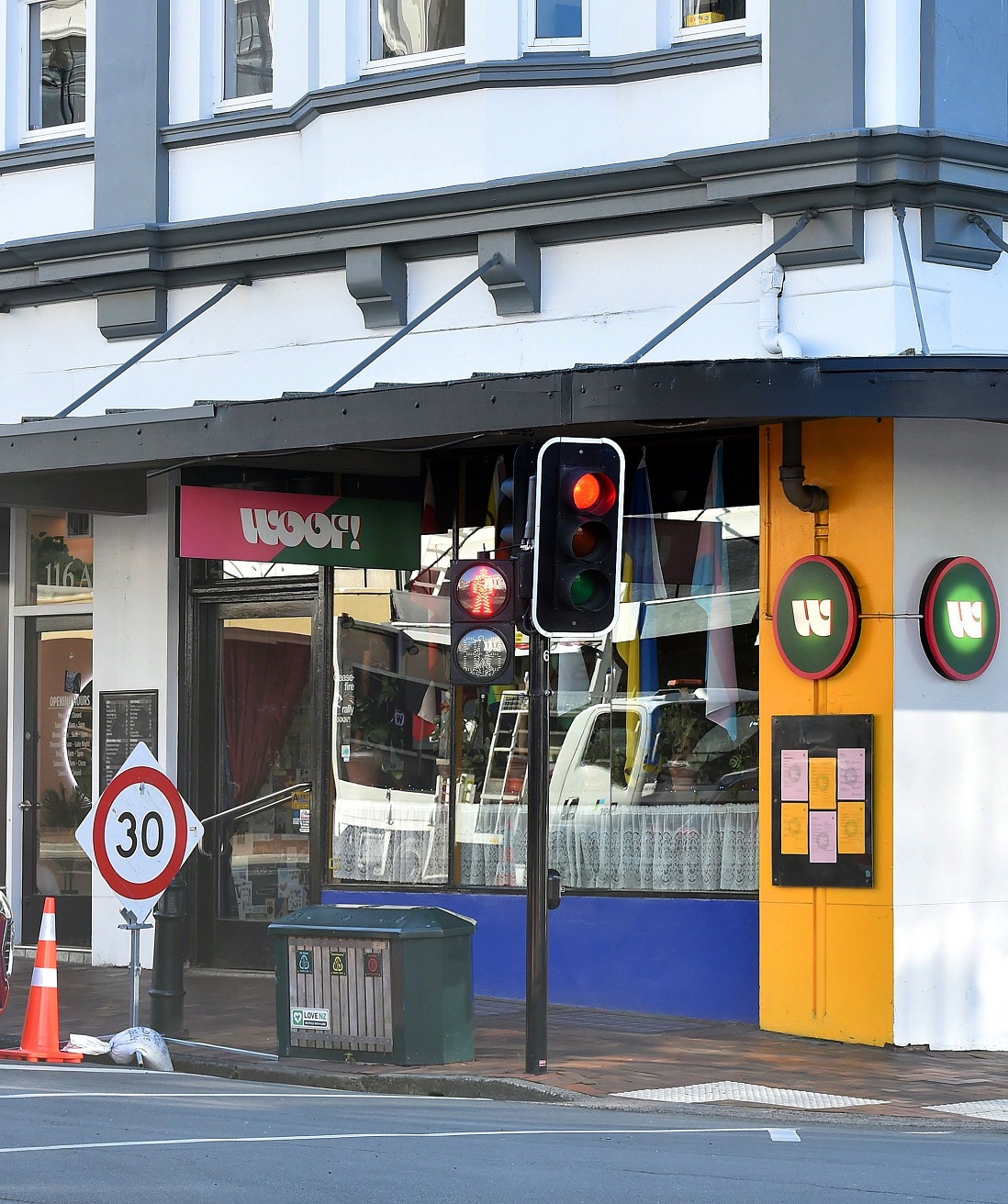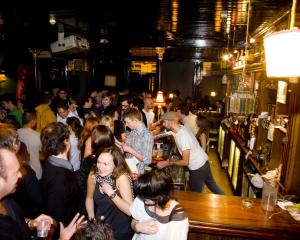
Each bar has its own drinks, design, lighting and fauna, all catering towards a specific niche of regulars who will drift in every other evening for a quiet one.
Then there is us. We students fall outside these easily identifiable boxes of community. Aside from price, there is literally no other factor I am thinking about when heading out for a drink somewhere.

And before you say that students don’t want to pay to go to a bar, yes it’s never going to be as cheap as a box, but there’s plenty who do want to shell out even if it means scrambling for the rest of the week.
Two dominant means of dealing with the student market have arisen in recent years. One, for the sake of this column, could be termed as the "bribe" approach, whereas the other could be termed as the "action" approach.
The bribe approach seems to be a marketing strategy adopted wholesale from alcohol companies. Free hat? How bloody good. Free samples? Even better.
Some bars (usually those fashioning as makeshift clubs in the evening) have begun handing out samples and advertising for students to wear.
Catacombs’ sponsorship of the Lakehouse St Patrick’s Day host is a case in point of a bar/club utilising the "bribe" technique to rally an army of students. It is becoming more popular on a case-by-case level.
Regarding alcohol companies specifically, flats are now being told to directly call up different brands to guarantee themselves free drink. Bars have been doing the same thing, though not quite as pervasively.
The action approach is based on community-centred events and programming.
It happens when a bar recognises where and who they are serving and how they can help them in some small way.
There is a spectrum to this kind of approach, appearing vastly different depending on the community. Best exemplifying the "action" approach are places like Woof and the Baaa, each being innately attuned to what its community wants from it.
The combination of Woof and Emerson’s Brewery to raise funds for LGBTQIA+ signage around the city is emblematic of each bar acting as a pathway for the causes of its inhabitants.
The bars taking the "action" approach to advertisement know that they are, in many cases, the chief way a community expresses itself to the rest of society.
So, what is better, bribe or action?
People are always going to be in the market for a free hat and free booze, but student drinking experiences have certain expectations.
We can all get cheap drink — there are alcohol stores for this — but for ambience, for an experience and for a community we go out drinking at bars.
In many cases we don’t go for our community (the bars aren’t for us) but we go to momentarily inhabit one world or another. There’s a reason the pub crawl remains such a popular venture.
The stats, hastily construed as they may be, support my argument. In Critic Te Arohi’s 2023 bar review, students got to vote on their favourite bars through a series of Instagram polls which slowly whittled down the candidates.
Woof was the champion for the second time on the trot, but beyond this, all of the top 8 could be said to be utilising the "action" approach to advertisement.
Admittedly, I don’t know how well these different advertising techniques work when it comes to the dollars and cents but it cannot be denied that bars are more successful when they take an action approach which directly addresses the community they represent.
Integrated within the design, the drink offerings and the staff are a set of values upheld by that specific community.
It is the responsibility of the bar to push these values into the world, and in some cases, act as a voice for the voiceless in these niche societal circles from which bars spawn.
As students, we don’t completely belong to any of these communities. We’re still waiting on a great return of the student pub to support our own community.
But at the end of the day, many of us aren’t happy simply downing a box at the flat. We want community in action, even if we are on the fringes.
- Hugh Askerud is a 20-year-old local and student at the University of Otago, majoring in politics and religious studies.












